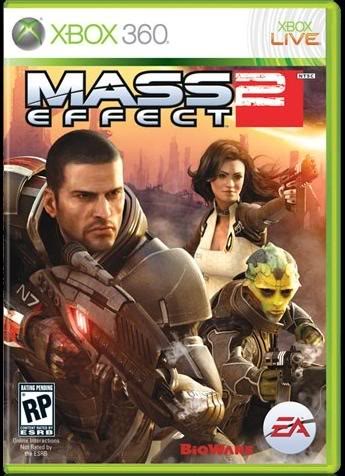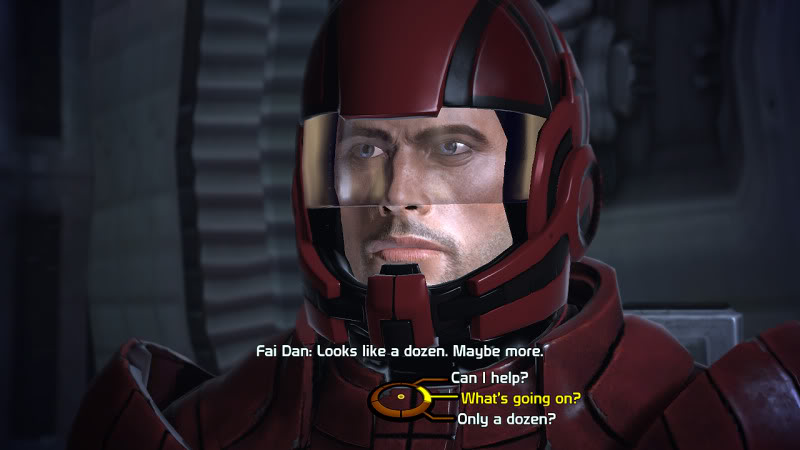This post has not been edited by the GamesBeat staff. Opinions by GamesBeat community writers do not necessarily reflect those of the staff.

I’m a very particular kind of person, and therefore, am a very particular kind of gamer. My rule of thumb in games as with life if this: If I’m not completely enthralled with what is in front of me from the start, I will not invest more than what is the minimum. In other words, if it doesn’t blow my mind from the get go, I’m not buying into it.
Mass Effect 2 blew my mind in more ways than I thought possible in a video game.
Up to now, as with most recently Batman: Arkham Asylum, I expect exceptional gameplay, and presentation, along with appropriate sound and artistic merit to qualify a good game. These are the metrics we have all been trained to appreciate as gamers, and so far I think their usage has brought us closer to reaching a consensus as to what qualifies a good game; it’s no mistake that the Call of Dutys of the world sell like crazy and receive high review scores. But some sort of epiphany slapped me in the face when I was playing Mass Effect 2.

Desensitized to pretty graphics, sound, gameplay, and presentation, I was most impressed with what wasn’t infront of me when I was playing Mass Effect 2. This will undoubtedly be very difficult to explain:
- Emotional connection: While you play the game as Commander Shepard, through the meticulously brilliant recruitment/loyalty quests you perform, you start to care about your shipmate’s well-being and happiness, for their own sake. Thus, I engaged in conversations as much as I could when I was on the ship with them. Throughout the conversations I started to understand their motivations, gained insight into their cultures, and learned about their personal past. Every crewmember is unique, and with them comes a vast mythology involving the universe itself. This is a far cry from something like Gear of War, where a possible unwell state your homogenous crewmembers will only incite feelings of dread for only your own well being in the subsequent missions. The game doesn’t beat you in the face with having to dig deeper into the lives of your crew, but the emotional satisfaction from doing so was too hard to resist.
- Under-the-hood: By the end you can have a possible 11 crew mate on-board with you, but you can only take 2 into battle once you arrive on a planet. Each planet has immense conversation options, which subsequently lead me to think about the accommodations the game is making for your choices. It blows my mind to think how every scene on each planet can be adapted on-the-fly, showing you that it recognizes, at the least, your choice of accompanying crew mates. The fates of these crewmembers are also being calculated as you play the game in real-time. Because the end-game is a suicide-mission (as the trailers showed before the game came out), it should be no surprise that some crew members die, and the way the game takes your relationships choices throughout the game into consideration in writing the ending is staggering.
For the traditionalists out there, the graphics are 9, the gameplay is an 8.5 only because I thought the combat is clunky, the sound is a 10, and the presentation is a 10…but the Mass Effect experience is so much more. It’s an evolution in the meta-game of thinking about virtual experiences.
